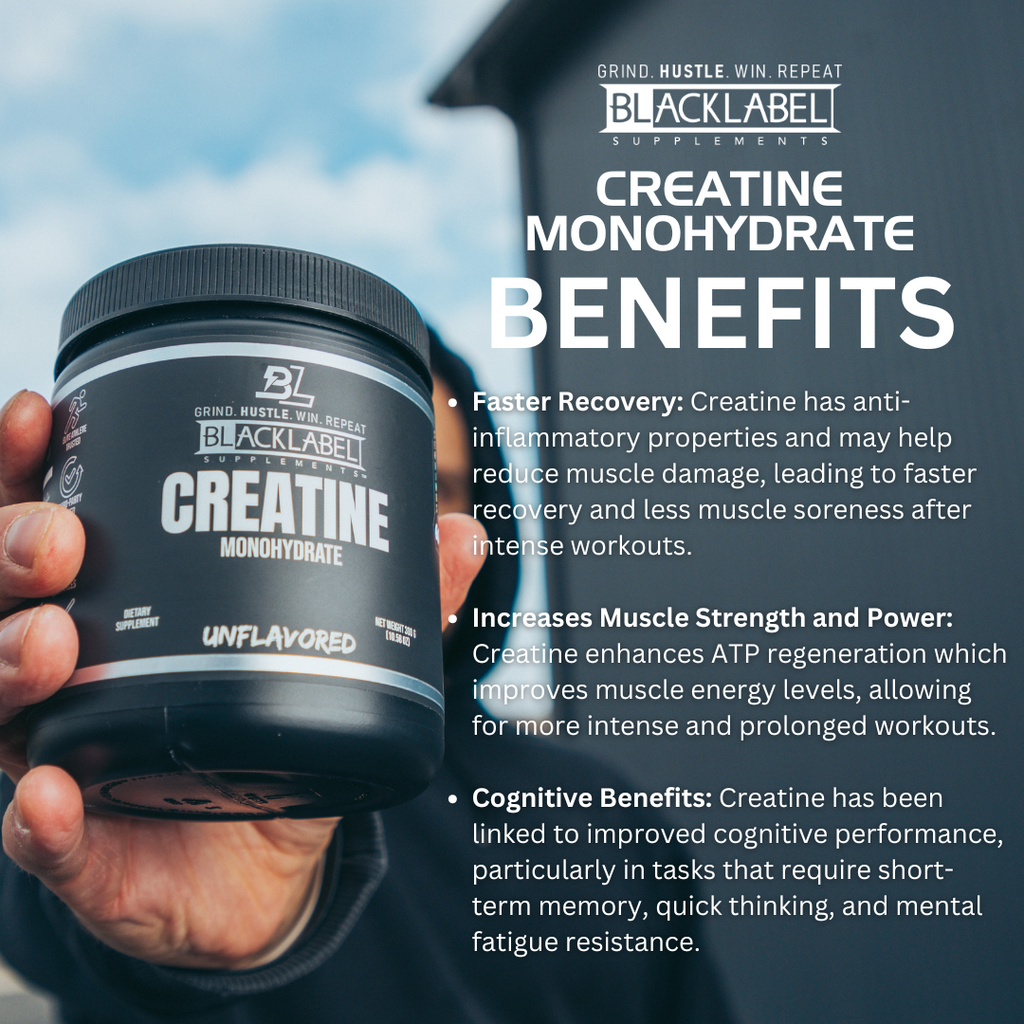The Buzz on Creatine Monohydrate
Table of ContentsNot known Facts About Creatine MonohydrateCreatine Monohydrate Things To Know Before You Get ThisUnknown Facts About Creatine Monohydrate
The vital takeaway is that An interesting methodical review wrapped up an adverse connection between creatine monohydrate supplements and VO2 max. The authors recognize a risk of bias with the research styles because of a demand for even more clarity over randomization with nearly all researches consisted of. Only three of the nineteen researches thoroughly detailed the evaluation of VO2 max - Creatine Monohydrate.
This varies from professional athlete to professional athlete, though. If weight gain through liquid retention is a problem, quit taking creatine 1-2 weeks prior to competing to offset liquid retention while retaining raised creatine stores. Some individuals experience gastrointestinal discomfort when taking creatine, such as bloating, cramping, or diarrhea. It is essential to keep in mind that not every person experiences stomach distress while taking creatine, and it can usually be managed by changing the Find Out More dosage or taking it with meals, as outlined by the International Society of Sports Nutrition.
It's recommended to utilize it in powder type. Worries regarding the long-term results of creatine my website monohydrate supplements on renal (kidney) function have actually been raised.
Little Known Questions About Creatine Monohydrate.
None of the studies checked out triathletes. The damaging results reported in the research studies associated with weight gain. As pointed out, most of the researches made use of a higher-dose loading procedure (20g+/ day) in a brief period that can be offset and avoided via a you can look here reduced dosage (such as 5g/day) for an extended period.

Let's look at the major benefits of creatine monohydrate. There is solid, trusted research showing that creatine improves health.
The majority of creatine is saved in the skeletal muscular tissues in a kind known
as phosphocreatine, or creatine phosphate. Creatine aids in the manufacturing of adenosine triphosphate, or ATP. Even if they never ever lifted a barbell, they would certainly still benefit from creatine supplementation.